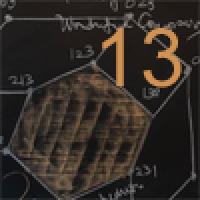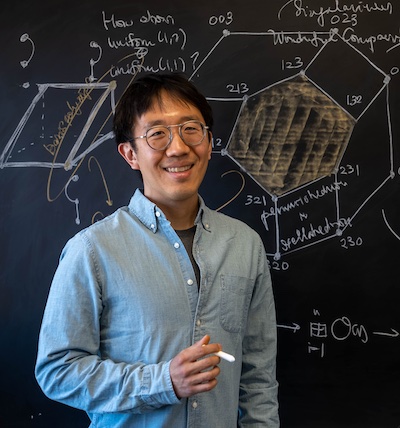
Plus Advent Calendar Door #13: Meet June Huh

June Huh. Photo: Lance Murphey.
June Huh won one of this year's Fields Medals at the International Congress of Mathematicians (ICM). The Fields Medal is one of the most prestigious prizes in mathematics. It is awarded every four years "to recognise outstanding mathematical achievement for existing work and for the promise of future achievement". Up to four mathematicians up to the age of 40 are awarded a Fields Medal each time.
We were lucky to talk to Huh in the run-up to this year's ICM. He told us about his relatively late start in mathematics, and why he enjoys working with maths you can feel and touch. Find out more in our short introduction, in our in-depth article, or by listening to our podcast featuring Huh.
Return to the Plus advent calendar 2022.
This article was produced as part of our collaboration with the Isaac Newton Institute for Mathematical Sciences (INI) – you can find all the content from our collaboration here. The INI is an international research centre and our neighbour here on the University of Cambridge's maths campus. It attracts leading mathematical scientists from all over the world, and is open to all. Visit www.newton.ac.uk to find out more.
